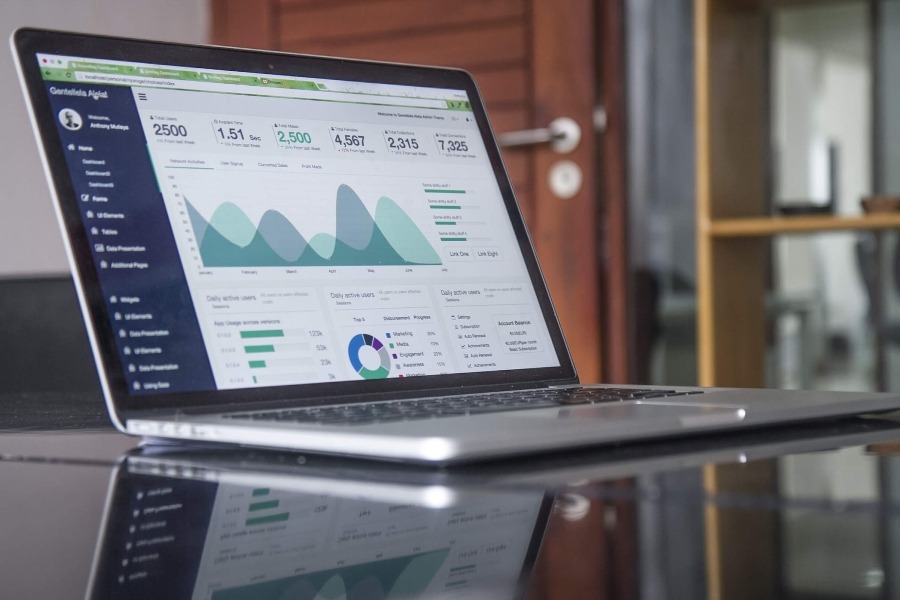You have what you feel is an awesome website. It looks great. It’s filled with insightful, authoritative content. But something is still not quite right, because it’s not converting people from visitors to customers. It’s not even generating leads.
So, what’s the problem? The issue might be something as simple as your site is too slow. People get tired of waiting for your content to load, so they bounce, or go to another site. Thankfully, though, there are a lot of ways you can address this problem to speed up your site and get your visitors to stick around.
Site Social SEO has a team of experts who can help boost your online presence – and your search engine ranking in the process. We’ll show you ways to optimize your website in ways you might not have ever considered. Learn more by giving us a call at 407-712-0494 or contacting us online.
Why is Website Speed Important for Audience Retention?
It seems as if just about everybody is always busy these days. Attention spans aren’t what they were even a few years ago. People want instant gratification. So that means they’re not going to be very patient if a website takes too long to give them that gratification. No matter how many awesome bells and whistles your site might have, people care more about speed. Page loading time is not only key to keeping visitors on your site, it’s also becoming an important factor when it comes to search engine rankings.
Customers are more demanding than ever, because they’re more informed than ever. As a result, they’re comparing your site to others. That’s one of the reasons why page speed is so important. It enhances the user experience, and makes them want to learn more about a company and the products it offers. Eventually, that experience will help convert them from visitors to leads – and from leads to customers.
Poor performance can be a killer to a website, no matter how large or small your operation may be. Even as huge an organization as the British Broadcasting Corporation (BBC) can feel the effects of a slow website. According to one study, for every extra second it took for their site to load, the BBC lost 10 percent of users.
So yes, your site may not be on the scale of the BBCs, but a slow website can seriously hurt audience retention – and that, of course, will hurt your business.
Why is my Website Slow?
There could be a ton of reasons why your website is sluggish. Here are three of the more common ones.
- Your web host isn’t cutting it: You have to have a high-quality hosting service in order to have any chance of having a high-performing website. If you go cheap in this area, it will very likely come back to bite you. Improving performance could be as simple as changing hosts.
- Your site has caching issues: A cache is basically a place where all of your website’s files are stored. Without getting too deep into techno-speak, if the site has caching problems, it won’t respond as quickly as users like. Servers can only handle so many website asset requests at one time. If your site has to go through more steps than it should, its speed will suffer as a result.
- You don’t have a content delivery network: A CDN works by shortening the physical distance that data has to travel between servers. The longer that trip takes, the slower your site will be. A CDN will really come in handy if your site routinely gets visitors from other countries.
How to Optimize Your Website for Speed
It’s a fact that Google uses page speed as one of the factors that determines how its algorithms rank web pages. So, you’ll obviously want to take whatever steps are necessary to increase your site’s download speed. Here are a few ways you may be able to do just that.
Make it Lightweight
Think of a tricked-out website, one that looks fantastic and has a lot of awesome videos, beautiful images and fancy widgets, like a party limousine. It’s incredibly cool. But if you raced that limo against a regular car, the limo would be left in the dust. The same principle applies to page speed. Consider reducing the clutter to see if that makes pages load faster.
Increase Power
This goes back to the web host mentioned earlier. If you have a very cheap hosting plan, your website won’t have nearly as much power. In most instances, these kinds of plans mean that thousands of sites are fighting for space on the same server. They don’t have enough power, so they’re way too slow. You might have to find the budget to pay more for a host, or look into the possibility of getting on a virtual private server, or VPS.
Reduce Redirects
When your page has to redirect to another page, that slows down response time. These are sometimes necessary, but sometimes they aren’t. If you can reduce those redirections, you might see an increase in speed. A professional with Site Social can tell you how to do it.
Optimize Images
Beautiful images are great, but if they’re too large they can really bog down your site. Make sure your files are converted to the right format (JPEGs are typically best for photos) and that they are compressed.
Minimize HTTP Requests
In a nutshell, a web browser makes an HTTP request from the web server. This makes it possible for the browser to download the different parts of your site, such as scripts, images and more. The more requests there are, the longer it will take for our page to load. Taking out any unnecessary images, files, fonts and plugins could help solve part of your speed problem.
[Also check out SEO Checklist Any Website Can Follow for Healthy Ranking]
How to Check Your Website’s Speed
You could take the time to look at metrics such as response time, page load time and more, but it would be a pretty complex undertaking – especially if you haven’t done it before. Your best bet is using one of the many free online tools that will test the speed of your site.
Contact Site Social SEO
At Site Social SEO, we have the knowledge and skill to improve the way your site ranks on Google and other search engines. We’ll put together a comprehensive digital marketing plan, and also create a website built for optimum speed and performance. Use our online form or call 407-712-0494 to learn more.


